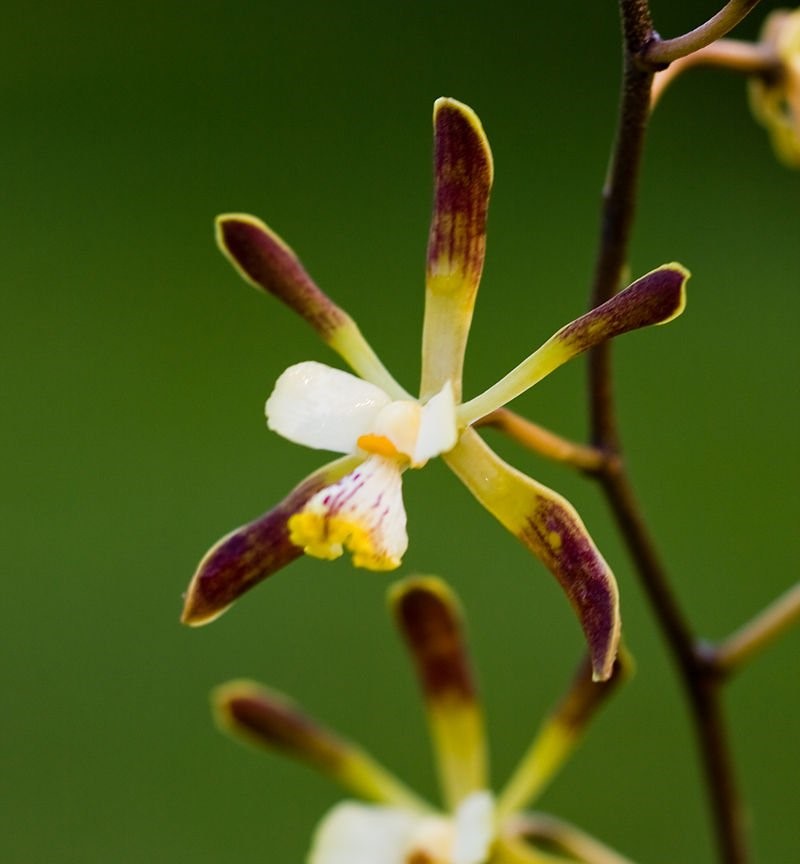
Encyclia
18 products
Showing 1 - 18 of 18 products
The encyclia is one Special Orchid known for its beauty and the ability to experience special hybrids species. This tropical orchids are especially interesting if you have big flowers holds.
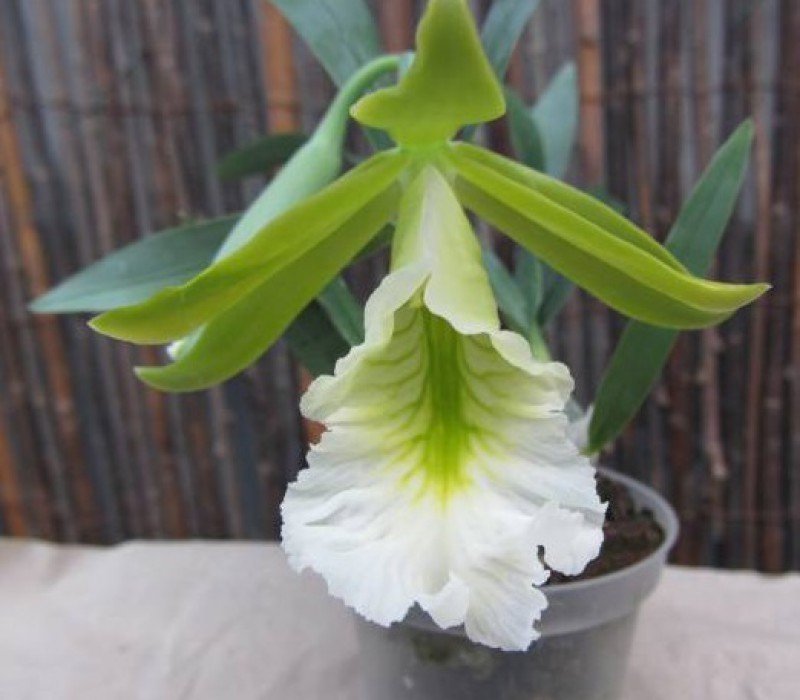
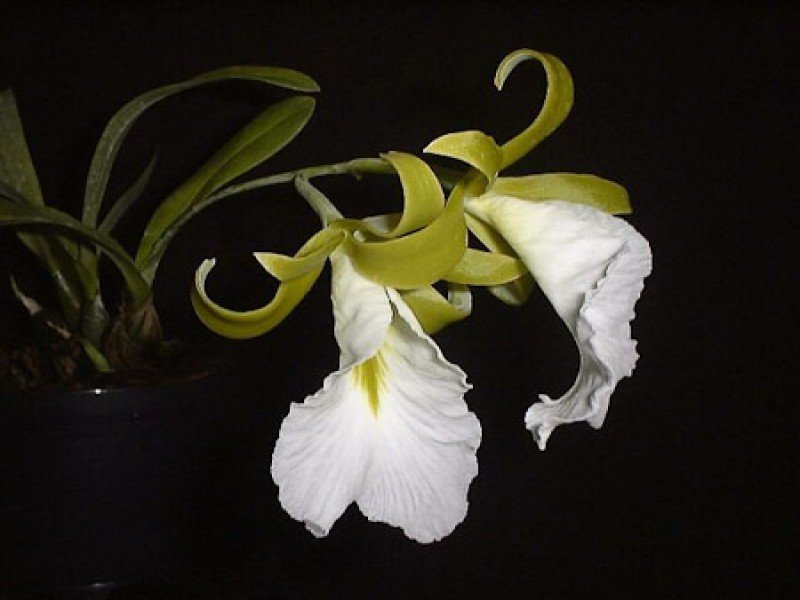
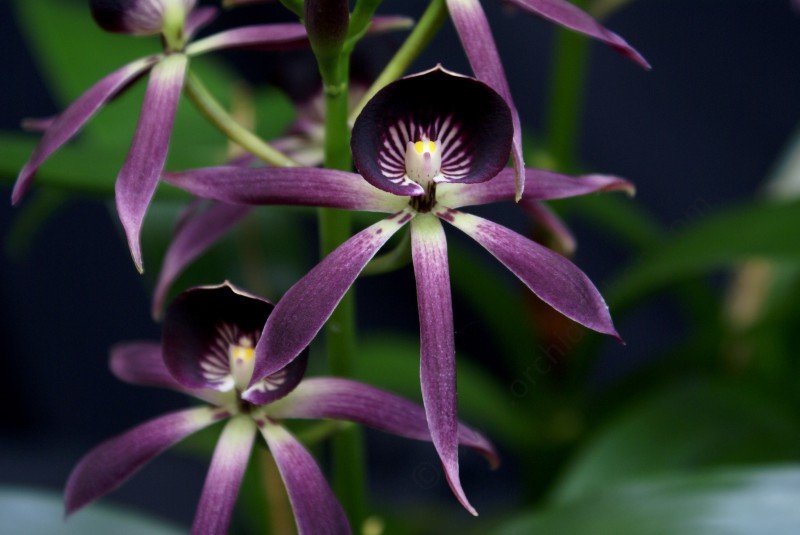
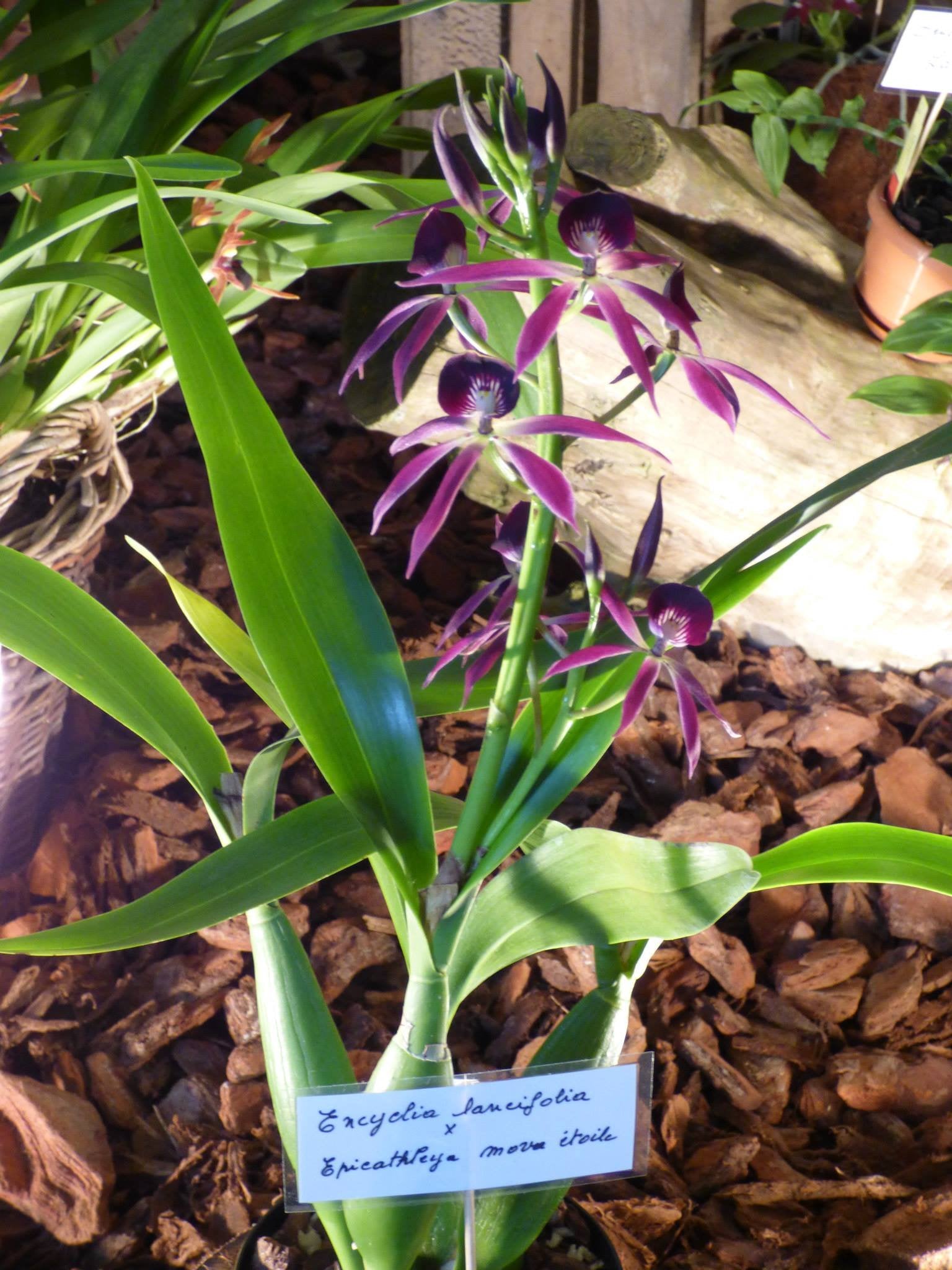
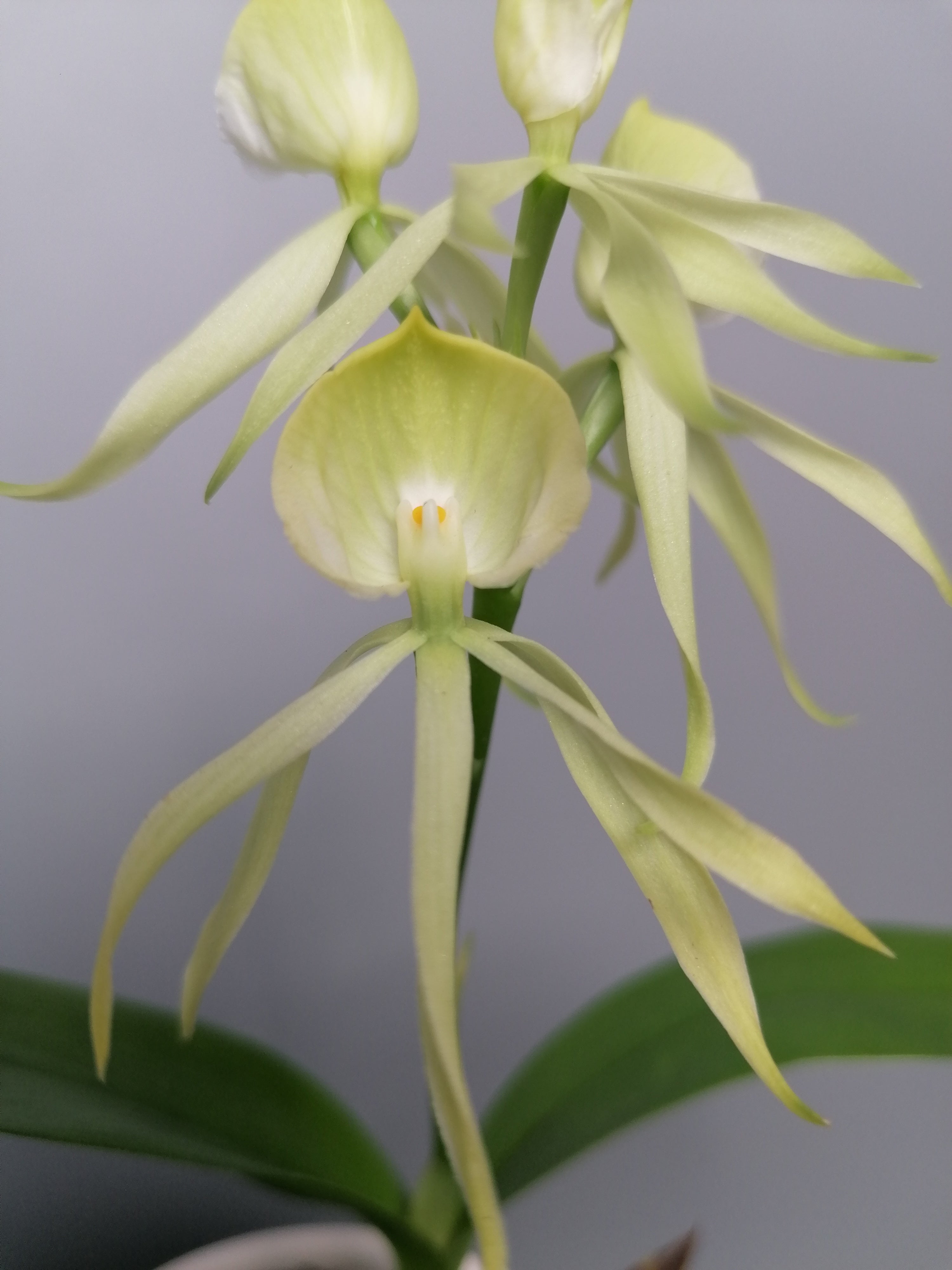
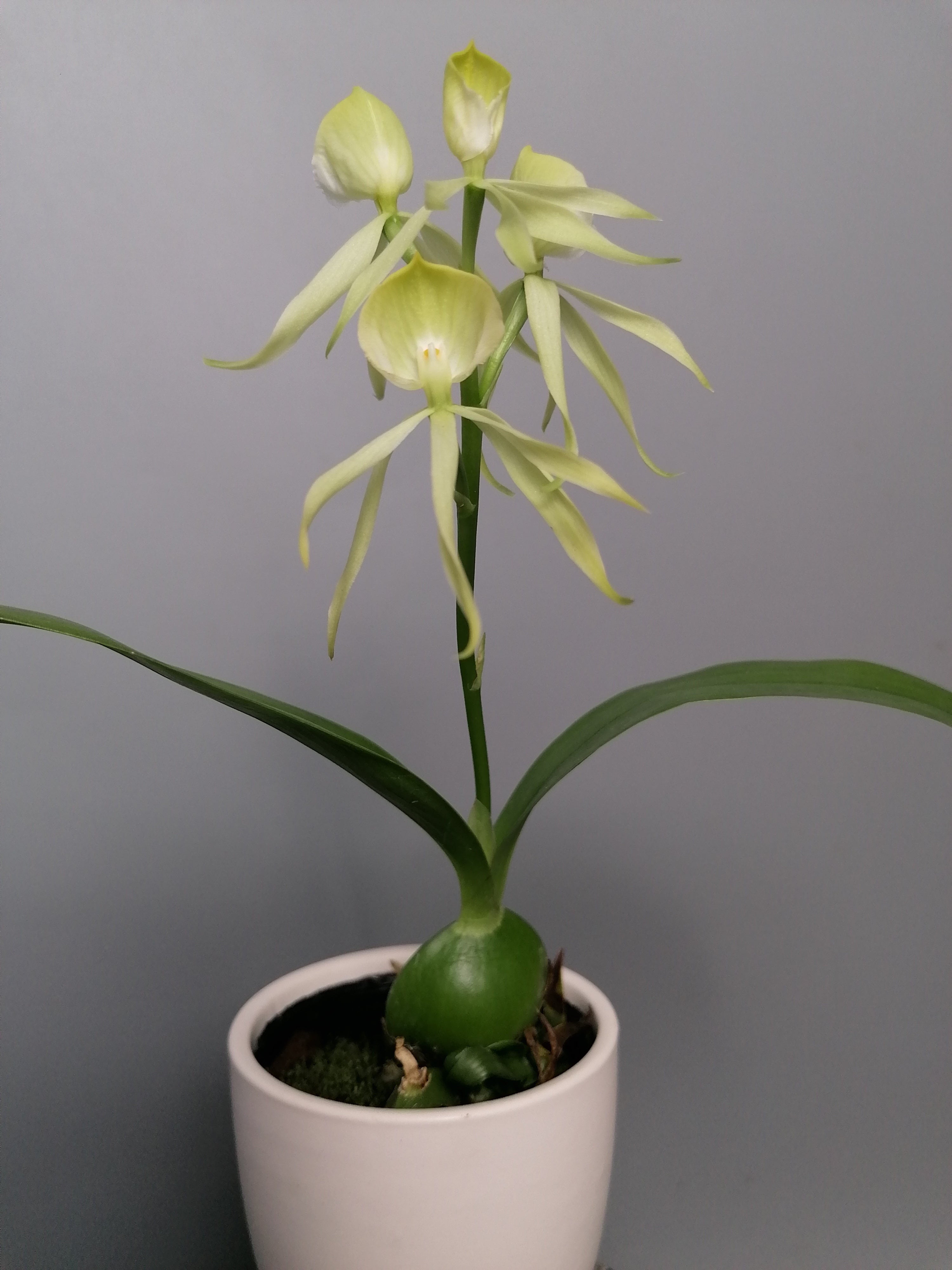
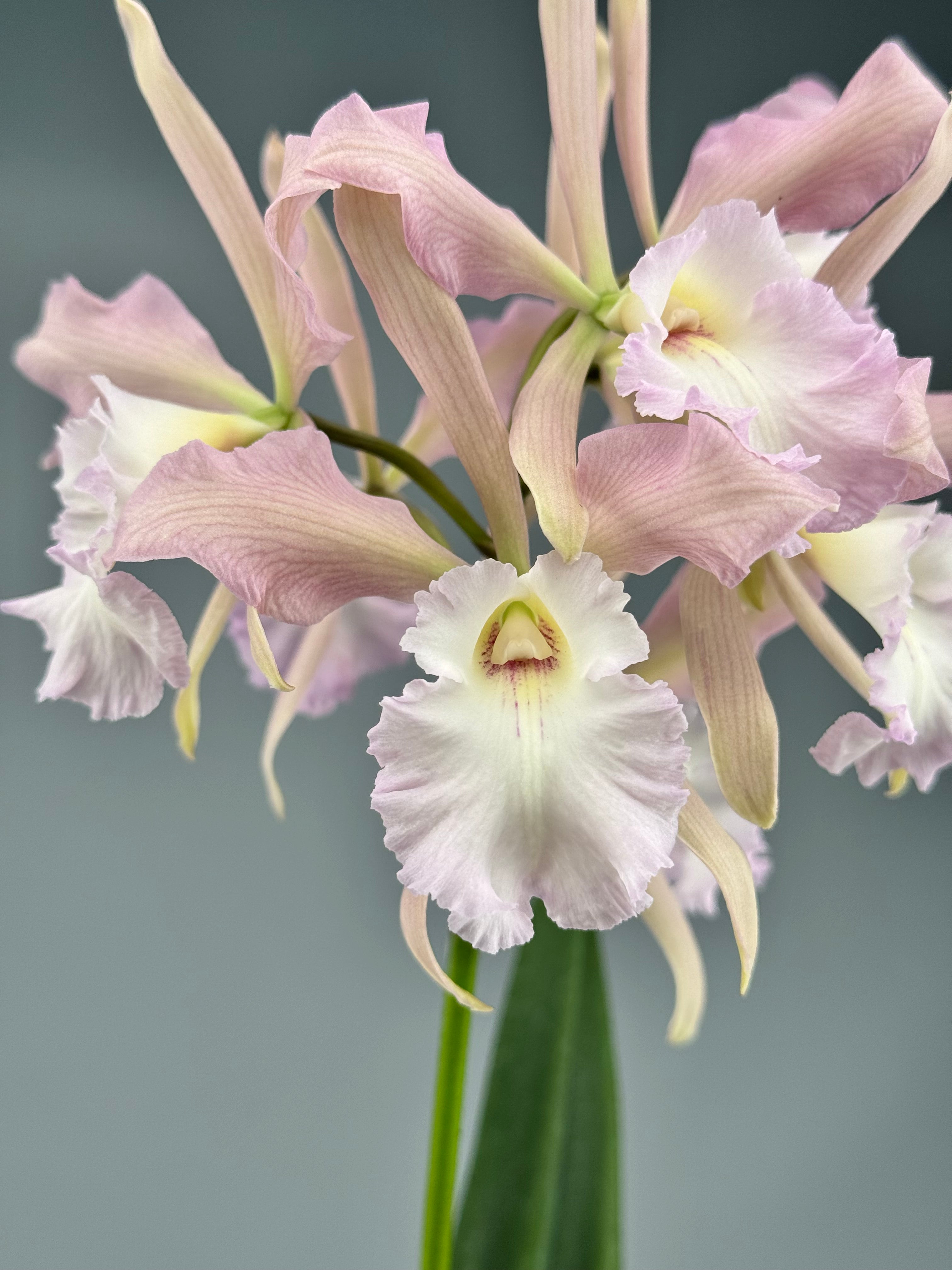

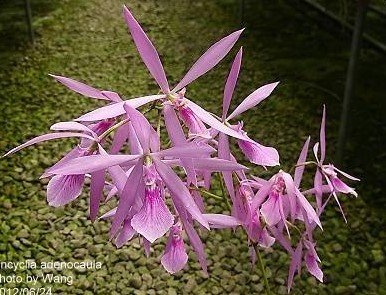
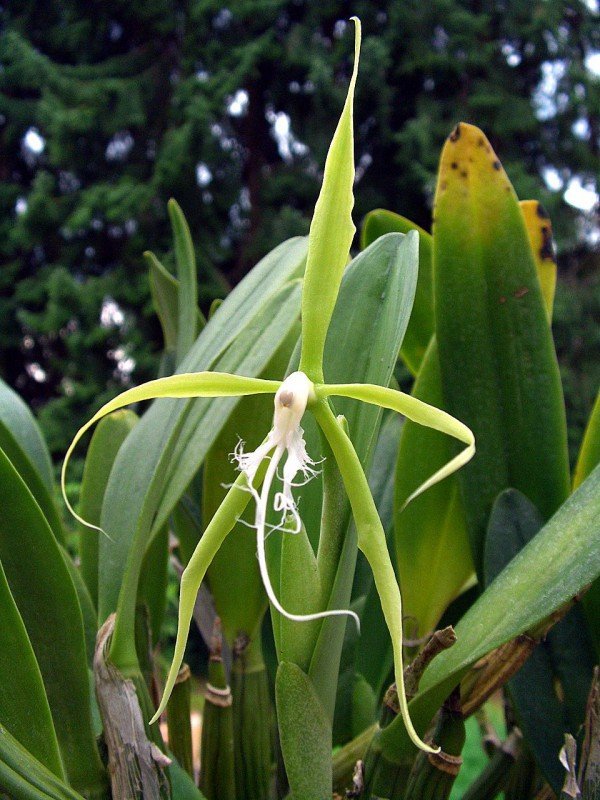
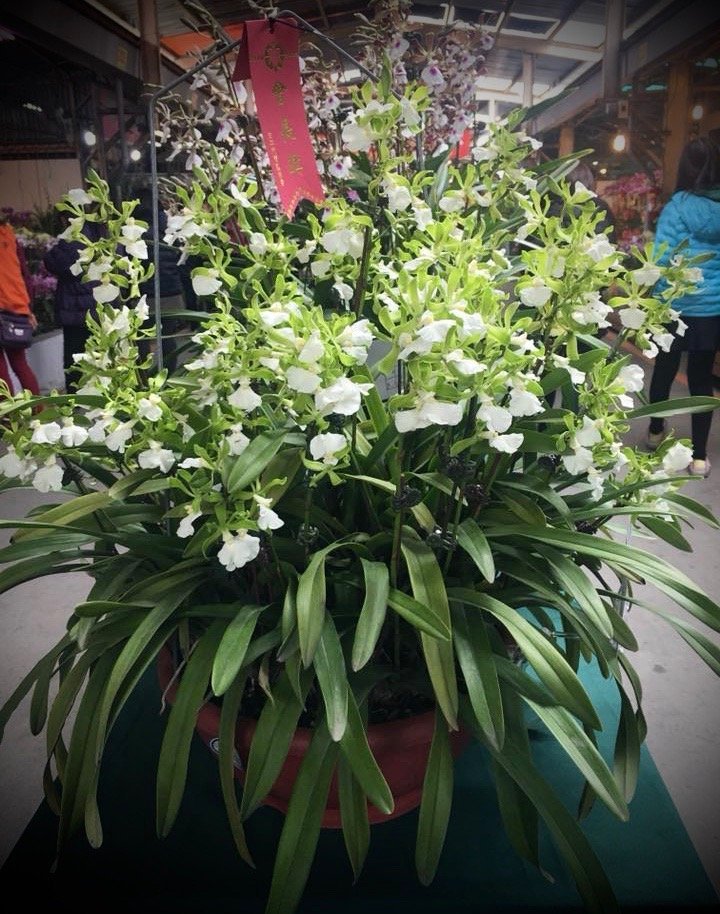
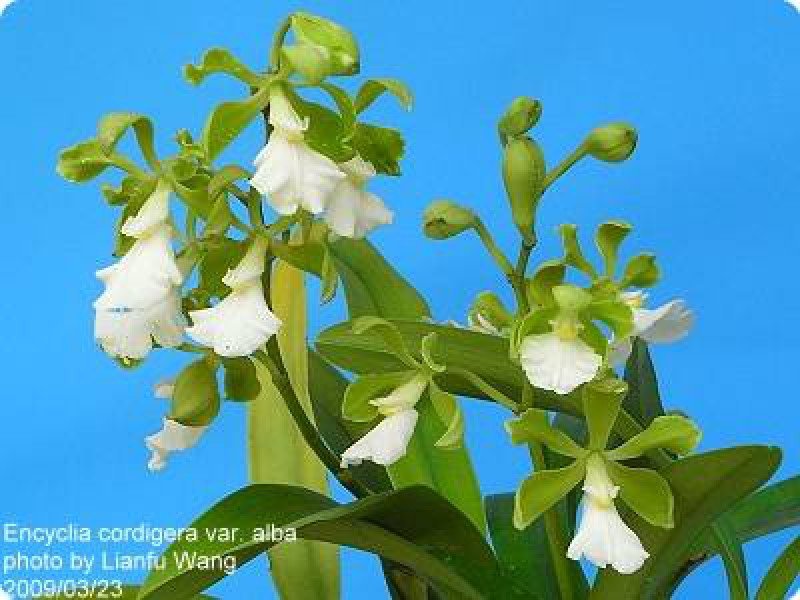
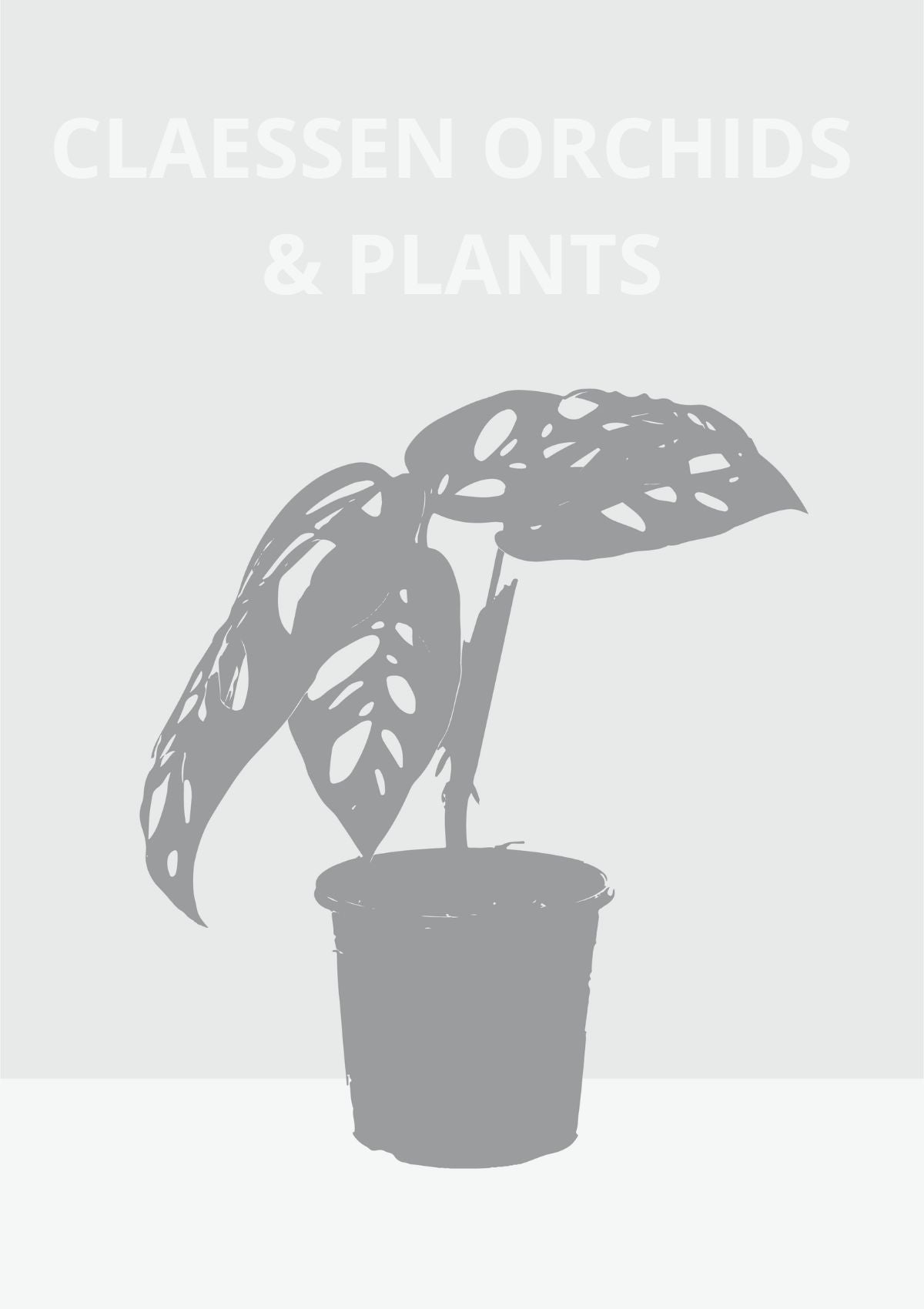
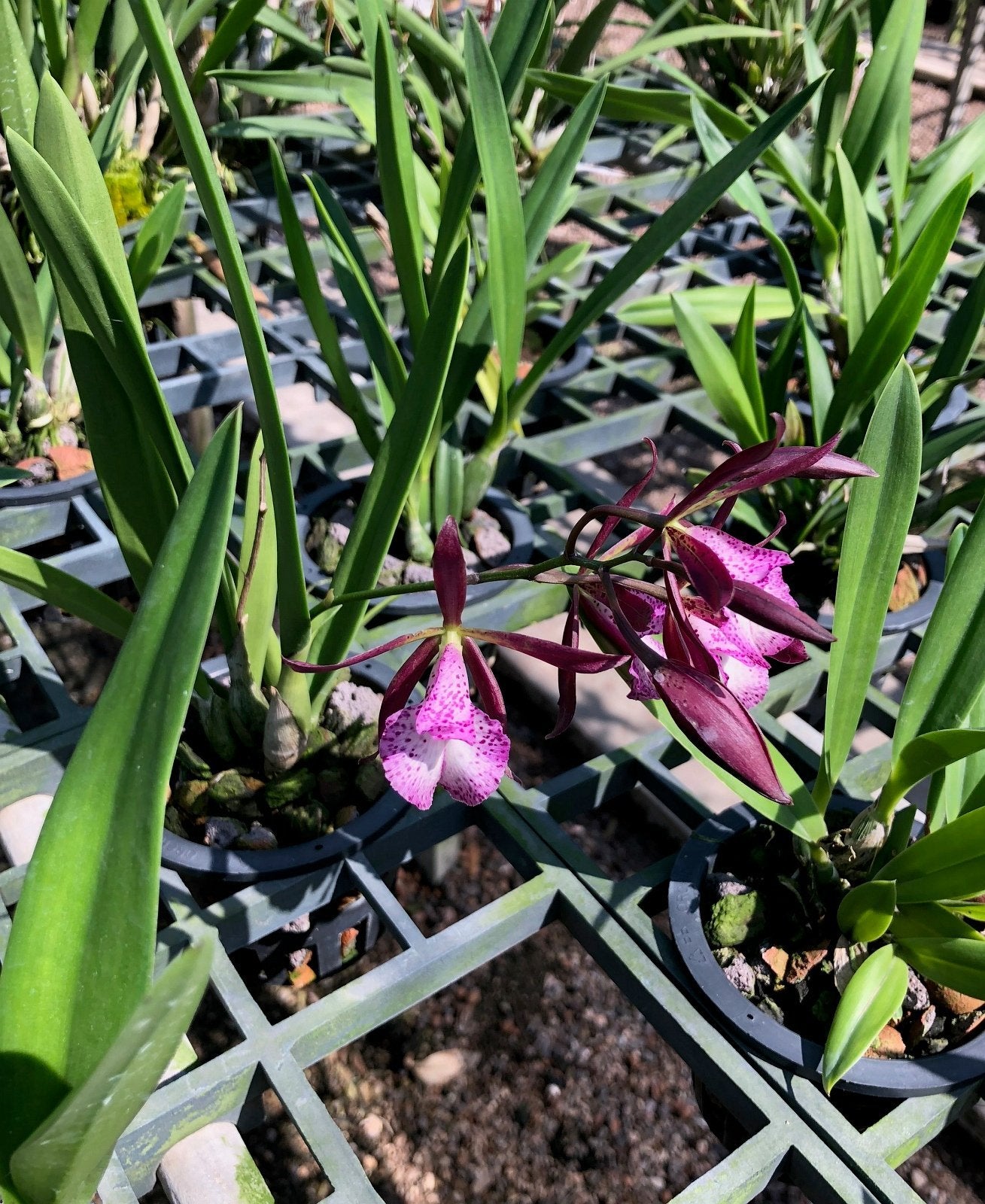
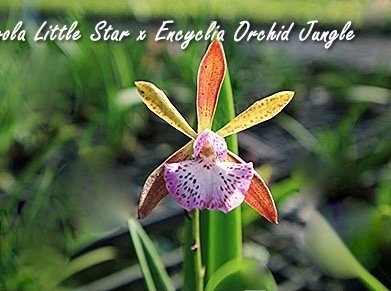
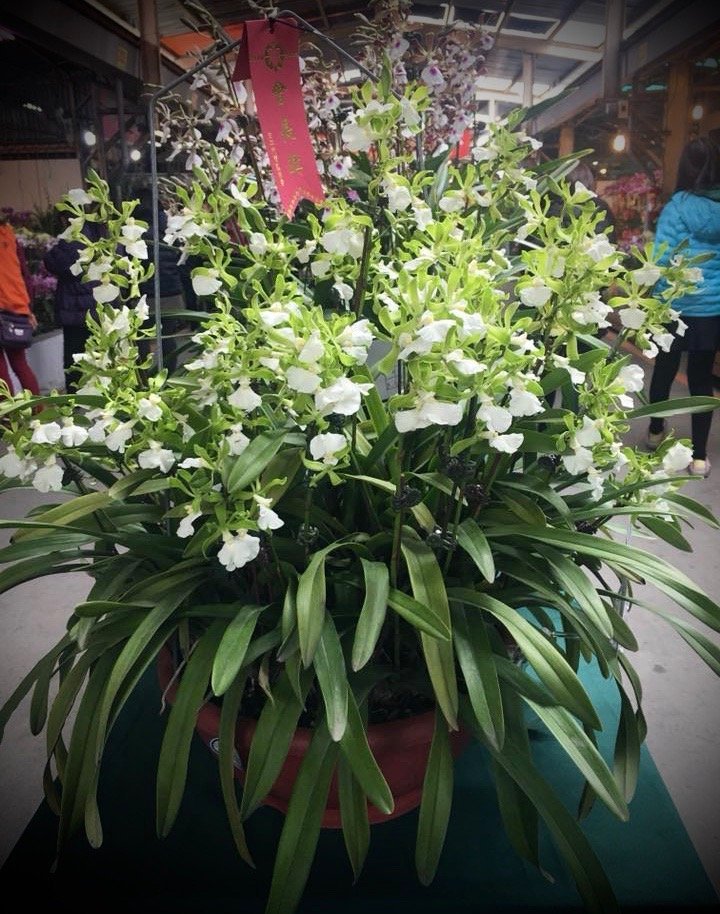
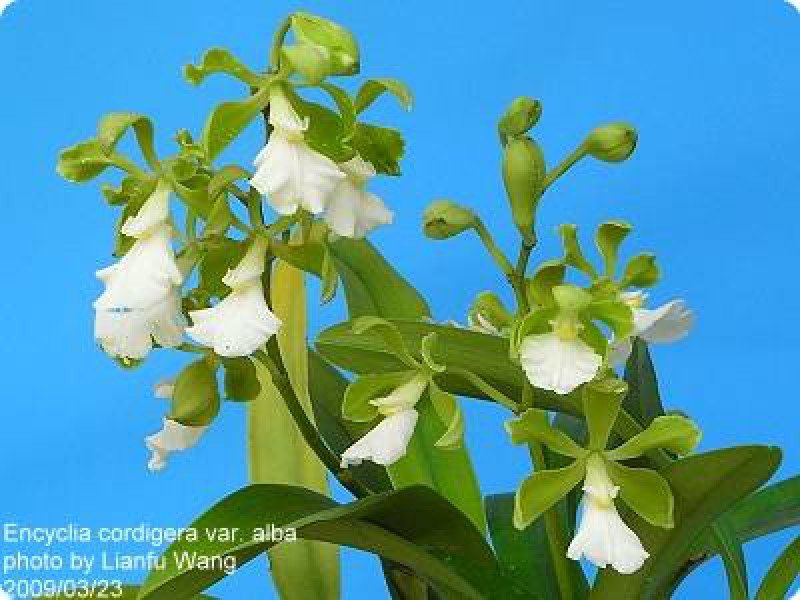
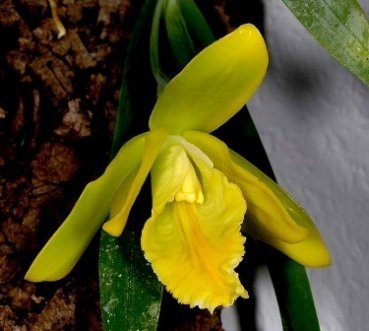
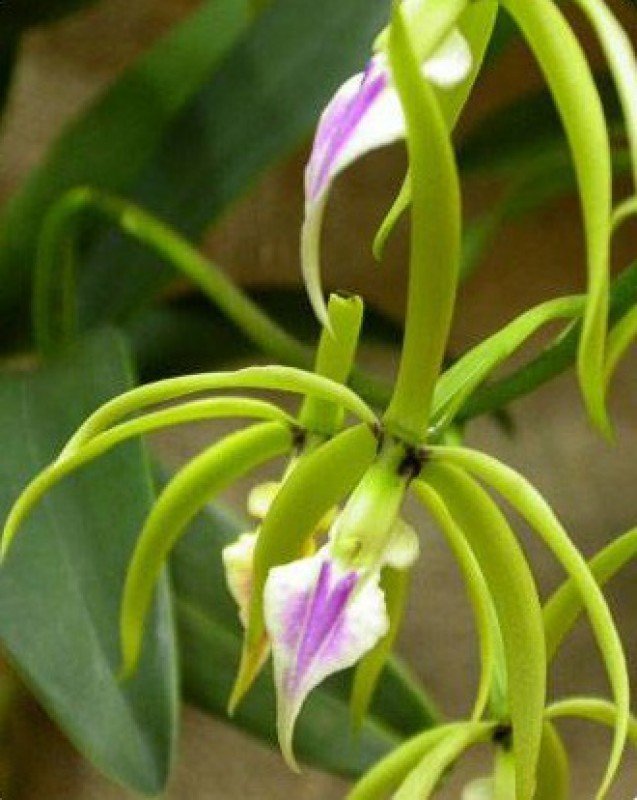
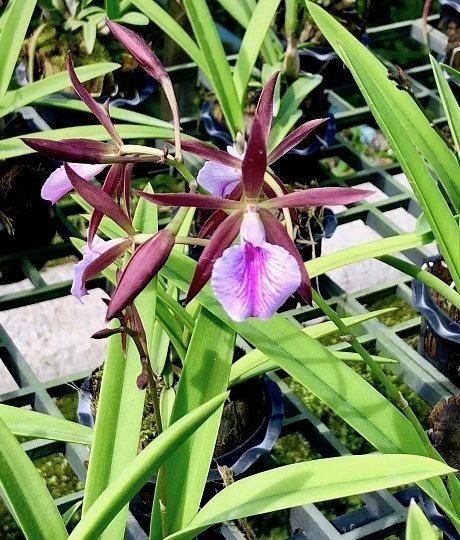
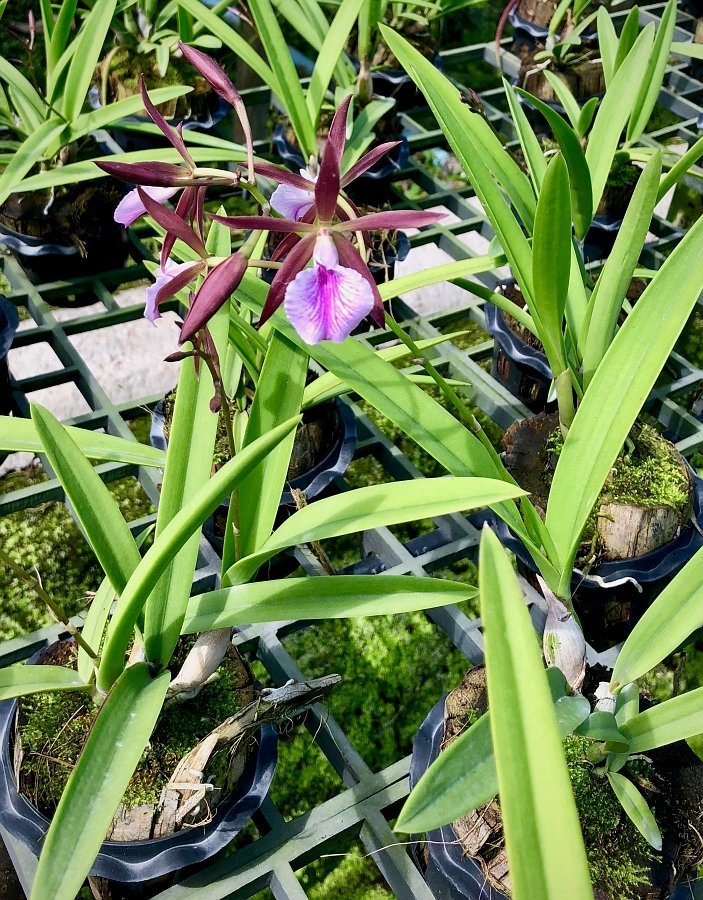
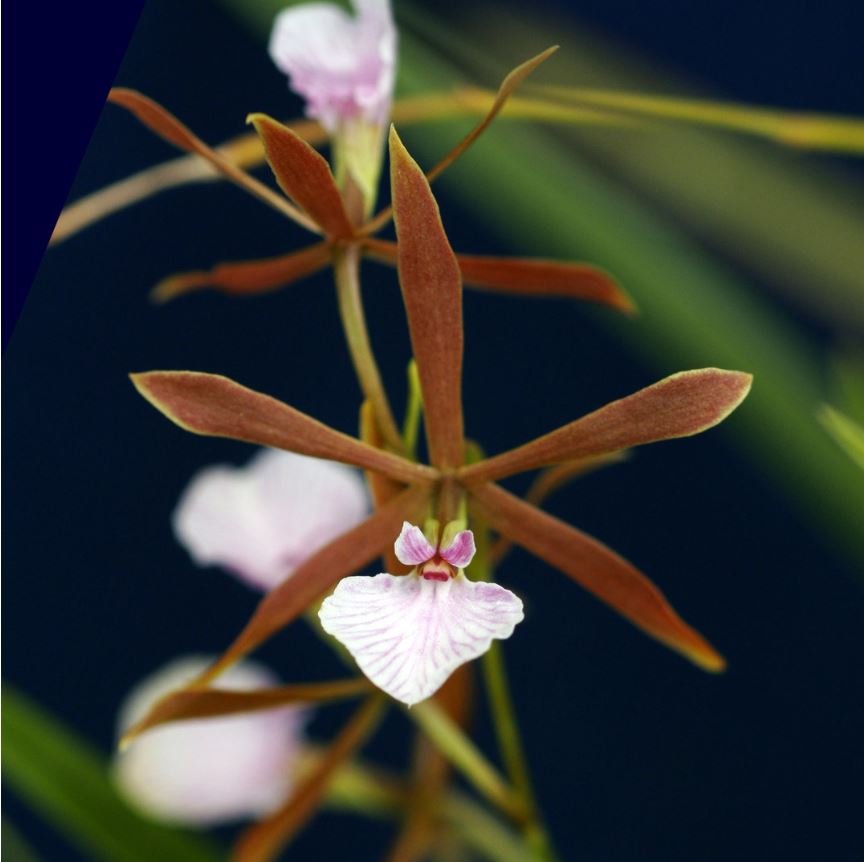
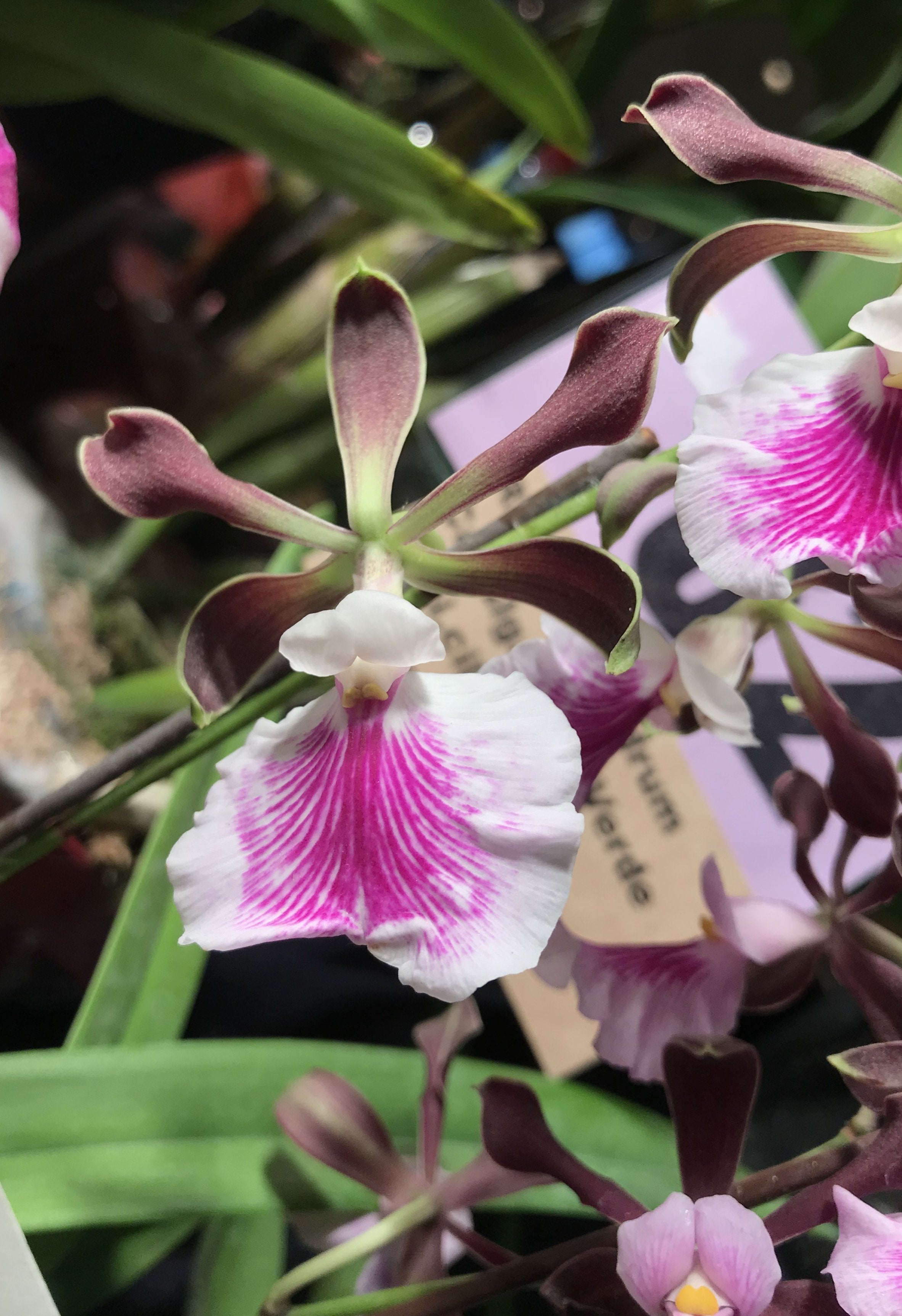
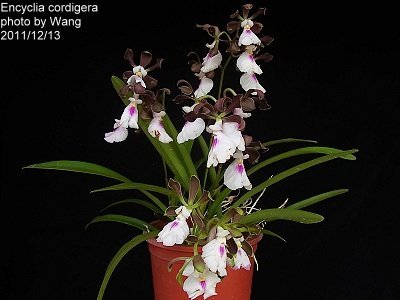
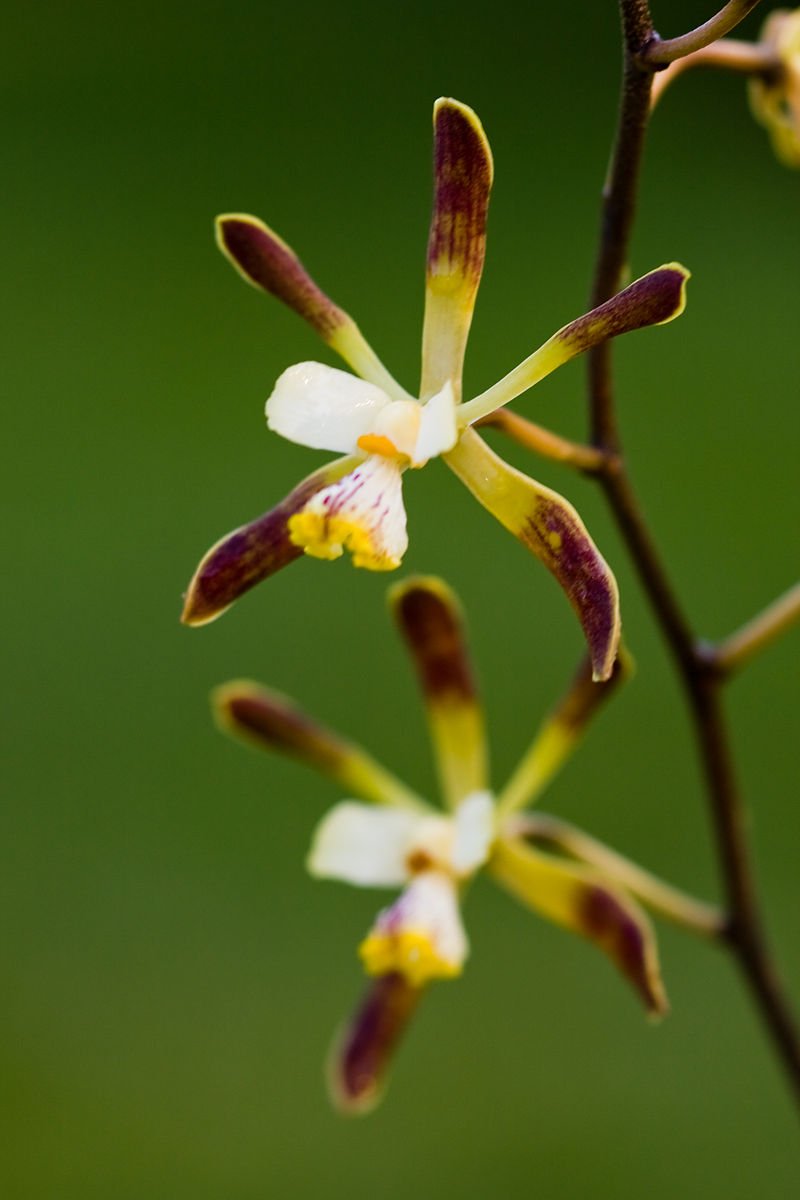
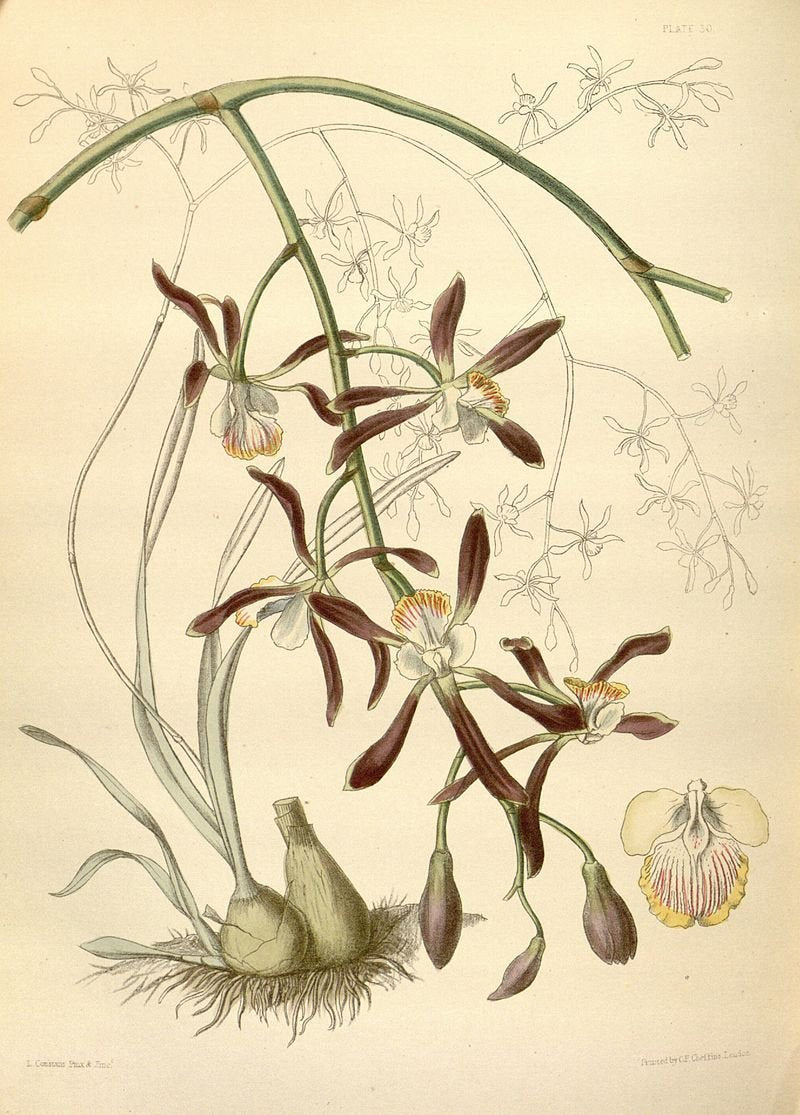
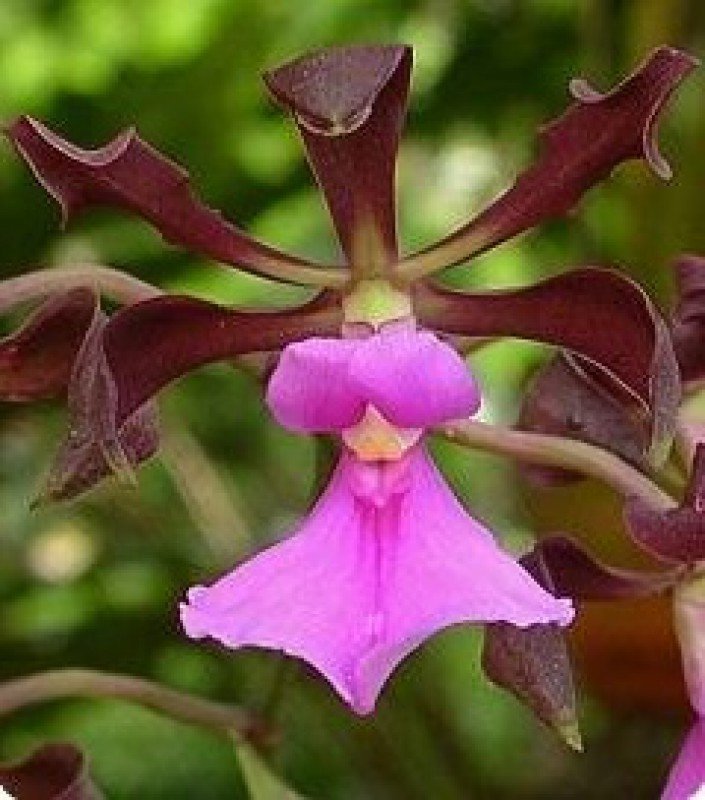
Recent bekeken
Naming
The name of this genus stems from the Greek verb "Enkykleomai" (circling), which refers to the sidewalks of the lip, which circles the gynostemium.
Origin
Encyclia is a gender with around 150 species spread by Florida, the Caribbean, Mexico and other areas of tropical America. They are epiphytic species that occur in lowland forests up to a height of 1000 meters. Most species in this genus can be found in forests with drying seasons. The humidity is usually high all year round in these forests, even though there is little rainfall.
Characterize
Most species have stiff, drought -resistant leaves and large onion -shaped pseudobulben. The flowers arise from an apical inflorescence. This gender is pollinated by bees and birds. There are usually eight pollen lumps, but only four in some subgroups. One type, encyclia cyperifolia, produces cylindrical, cone -shaped leaves.
Popular species
One of the most sought after species of encyclia is the encyclia Mariae x Citrina. With the green -yellow petals and the citrus -like scent, this is a special orchid with a typical appearance. In addition, the Encyclia Cordigera is a popular species due to the striking contrast between the colors of the petals and the lip of the flower.
A number of other popular crossings are the Encyclia Jairak Treasure, Encyclia Cochleata (Squid Orchid) and the Encyclia Lancifolia x Epicattleya Miva Etoile (beautiful dark purple, strongly scented flowers in the shape of an ink fish).
Care
The encyclia is known for its easy care, possibility of crossing with other sexes and the special flower shapes that occur in this orchid sex. The only thing the plants need a little more attention is to give water, but even this is relatively easy. When the substrate is on the dry side in the entire pot, water can be given again. Most species love a lot of indirect sunlight. In addition, it is important that there is enough ventilation (not a trip) to give no chance of harmful fungi and bacteria, among other things. In terms of food, they need an even NPK dose. Watch out with too much food, because this can cause damage to the plant. The temperature is also an important factor for encyclias. In general, they are allowed in a temperature during the day from 20 degrees Celsius and at night the temperature can cool 5-10 degrees Celsius to stimulate growth and flowering. Above 30 degrees Celsius, careful with water management and ventilation and high humidity are very important. It is better to avoid extremely high temperatures. A minimal humidity of 60% makes the encyclia a happy orchid.
Where can you buy an encyclia?
Nowadays it is increasingly easier to get an orchid of a specific species through the internet. For example, it is safe and easy to purchase your beloved encyclia orchid on this page through years of experience with sending packages with orchids all over the world with the right packing materials. For example, it is also possible to steer plants in our climate in the winter, because we have professional employees with the knowledge of plant care per species.
